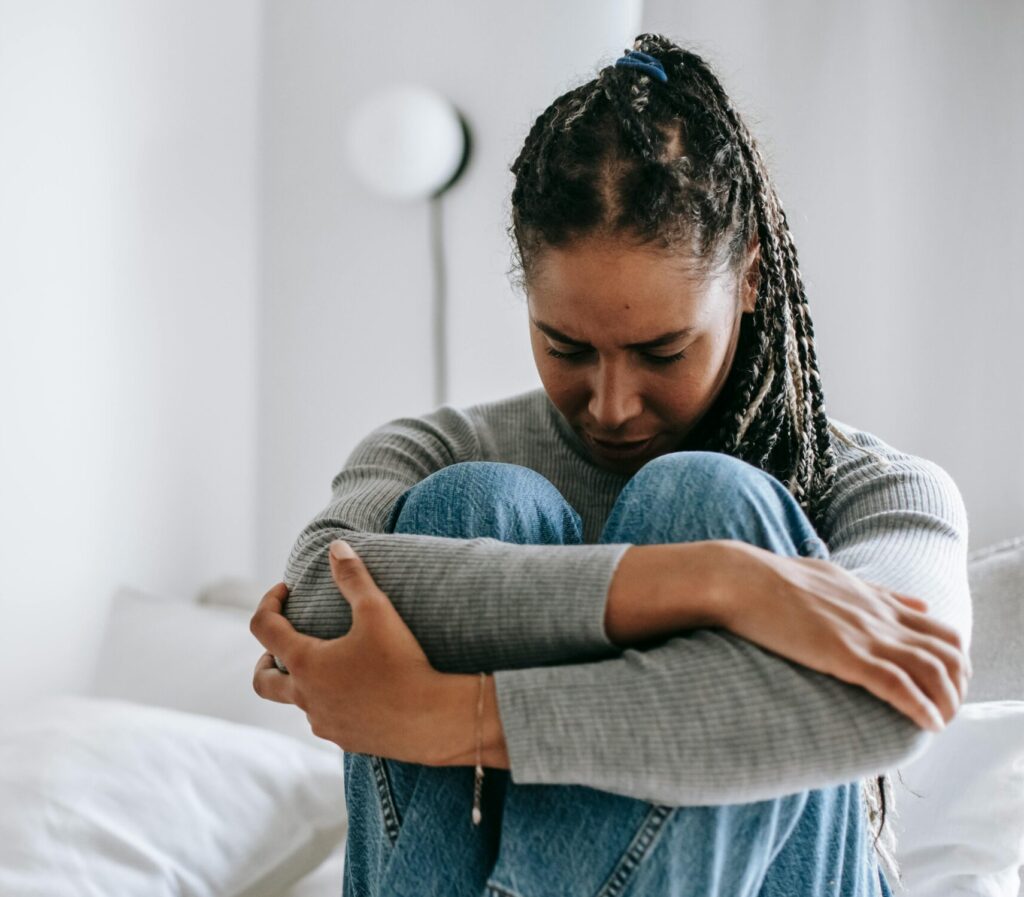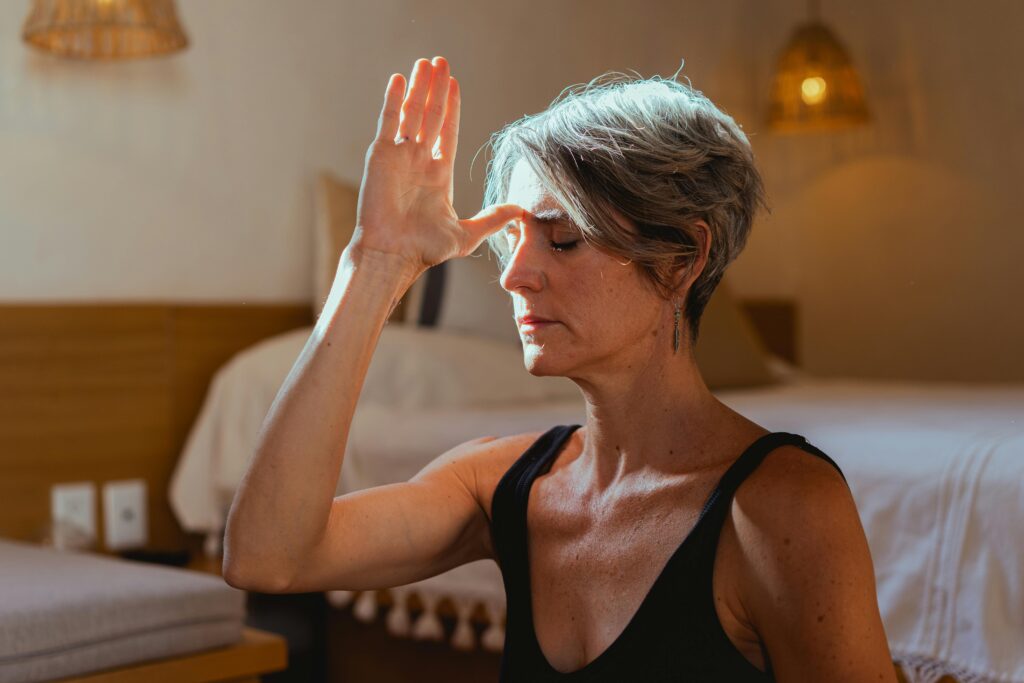Disclaimer: Not everyone who goes through menopause identifies as a woman and not all people who identify as women go through menopause. At Jayla, our core audience is people who identify as women, so we primarily use the word “women.” However, we’re working on specific content for people going through menopause who might not identify women. Inclusivity is a key value of ours, so bear with us!
Prioritizing Women’s Sexual Health
Sexual health is an important topic that is sometimes overlooked in women’s health. About 40% of women will have sexual complaints during their lifetime, and these issues are particularly common during perimenopause (the transitory phase leading to menopause) and menopause.
During these times, significant hormonal changes occur. These changes can lead to sexual concerns such as issues with desire or libido, arousal, orgasm, and pain with sexual activity. In this article, we’ll review some of the most common sexual complaints during perimenopause and menopause, and how to navigate them.
Note: While menopause technically marks the point of 12 consecutive months without a period, in this article, we use the word “menopause” to refer to the phase following perimenopause.
Understanding Vaginal Dryness and Treatment Options
Vaginal dryness is a common complaint that can lead to issues with arousal and orgasm and can cause pain during sexual activity. During perimenopause, estrogen levels decrease. This hormonal shift causes thinning of the vaginal skin or mucosa, decreased blood flow to the area, and a decrease in the amount of natural lubrication. This can lead to bothersome symptoms such as vaginal itching, pain, and irritation. For some women vaginal penetration can become so uncomfortable or painful that they avoid intercourse altogether.
For treatment, it is usually most convenient to start with over-the-counter vaginal moisturizers or lubricants. Many women have success with vaginal estrogen cream, which can be prescribed by your healthcare provider. There are also oral medications that are available to treat these symptoms. Of note, it is important to communicate with your partner about pain during intercourse, so that you can work together to find ways to make sex less painful and more enjoyable.
Addressing Low Libido and its Causes
Low libido, or hypoactive sexual desire disorder, is sometimes thought of as a natural part of the aging process. However, this is not necessarily true. Low libido can be caused by several things; hormonal changes during the menopausal transition, mental health disorders like depression or anxiety, relationship problems, or issues with partner’s sexual function leading to overall disinterest in sex. It can also be a side effect of various medications.
Low sexual desire can be particularly distressing to some women. It can also cause major strains in a relationship. Consider discussing these changes with your partner and finding ways to prioritize your relationship. For each couple, this might look different. It could mean setting aside time for weekly date nights or focusing on foreplay and non-penetrative sexual contact.
It is equally important to talk to your healthcare provider about treatment options since there are treatments available for low libido. They can recommend solutions such as counseling (both individual and for couples) as well as supplements and medications to improve your sexual desire.
Getting Help From a Healthcare Provider
Of note, some women do not experience any sexual health changes during perimenopause and others might even experience improvements in their sexual function during this time. However, if you are one of the many women experiencing these common complaints, a Jayla clinician can help you navigate these issues and get back to feeling more like yourself.



